
Fighter jet pilots in the United States Armed Forces are among the most elite aviators in the world, operating from major bases such as Washington D.C. These roles demand exceptional mental acuity, physical strength, and high-level tactical training—traits that few possess.
In return, military aviators are rewarded with substantial salaries, performance bonuses, and benefits that reflect the rigors of their duty. The compensation varies significantly by country and pilot experience, but it consistently outpaces most non-military professions.
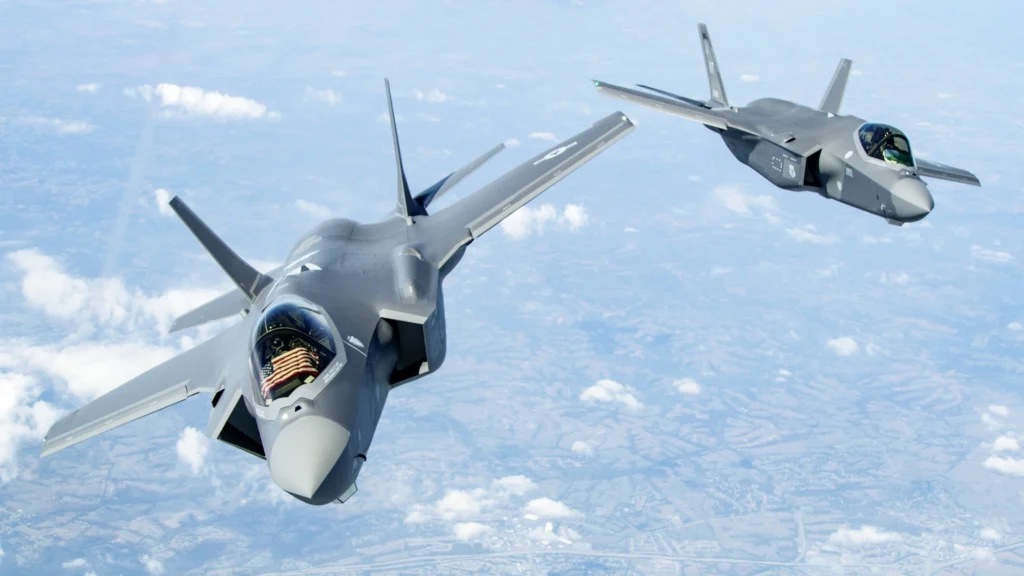 Photo: US Air Force
Photo: US Air ForceFighter Jet Pilot Salary
Fighter jet pilots undergo extensive training and make immense personal sacrifices. Their salaries, while not always matching senior commercial airline captains, are still highly competitive.
In the United States, base salaries start at around $43,500 (O-1 rank) but can increase significantly with bonuses and allowances.
According to Aviation Job Search, experienced U.S. fighter pilots typically earn between $100,000 and $140,000 annually. Other developed nations offer lower base figures but compensate with benefits:
| United States | $100,000–$140,000 |
| United Kingdom | £70,000–£100,000 ($90K–$130K) |
| Canada | CAD 80K–120K ($58K–$88K) |
| Australia | AUD 100K–150K ($66.9K–$100.3K) |
These figures typically reflect mid- to senior-level pilots. Entry-level salaries start lower but grow rapidly with flight hours, rank promotions, and additional roles.
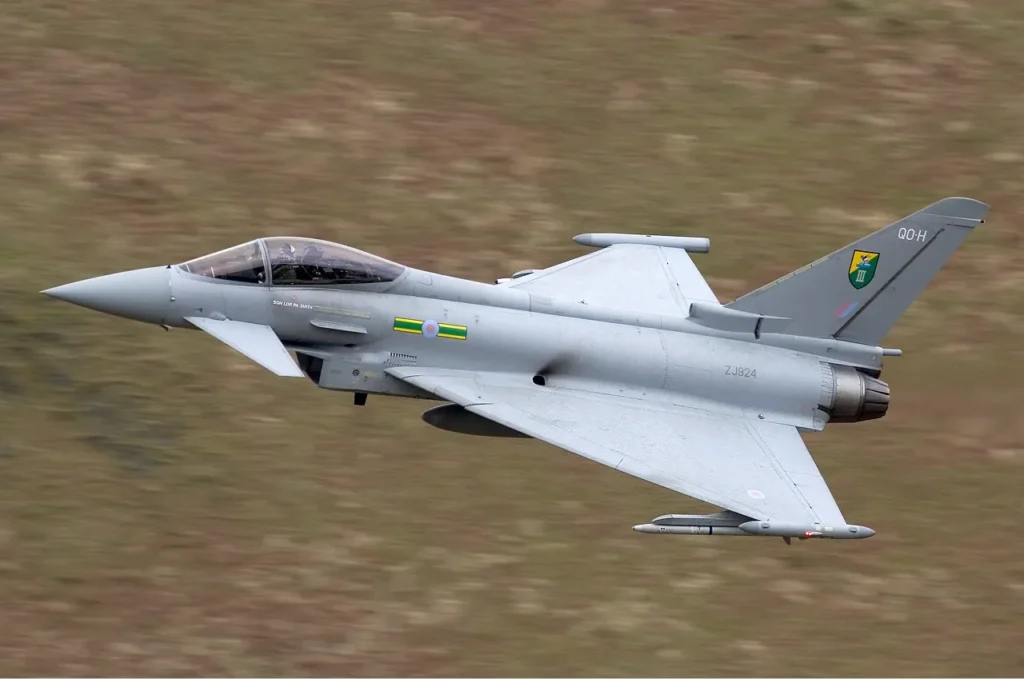 Eurofighter Typhoon; Photo- Wikipedia
Eurofighter Typhoon; Photo- WikipediaCompensation Beyond Base Salary
The base pay forms only a portion of what a fighter pilot earns. Their total package includes numerous military-specific financial incentives:
Key Additional Pays & Allowances
- Flight Pay (ACIP): $150–$1,000/month for active flying duties.
- Combat Pay: Extra compensation during high-risk missions.
- Deployment Pay: Bonus for stationed time in combat zones.
- Hazard Pay: Compensation for dangerous environments.
- Special Duty Bonuses: Additional pay for instructors, trainers, or operational leaders.
- Housing & Dependent Allowance: Supports family and living expenses when stationed away from home.
- Healthcare & Retirement: Full coverage for service members and their families, plus military pension.
These benefits not only add monetary value but also reduce the financial burdens commonly seen in civilian careers. Unlike commercial pilots, most military aviators do not carry student debt, as their training is funded by their government.
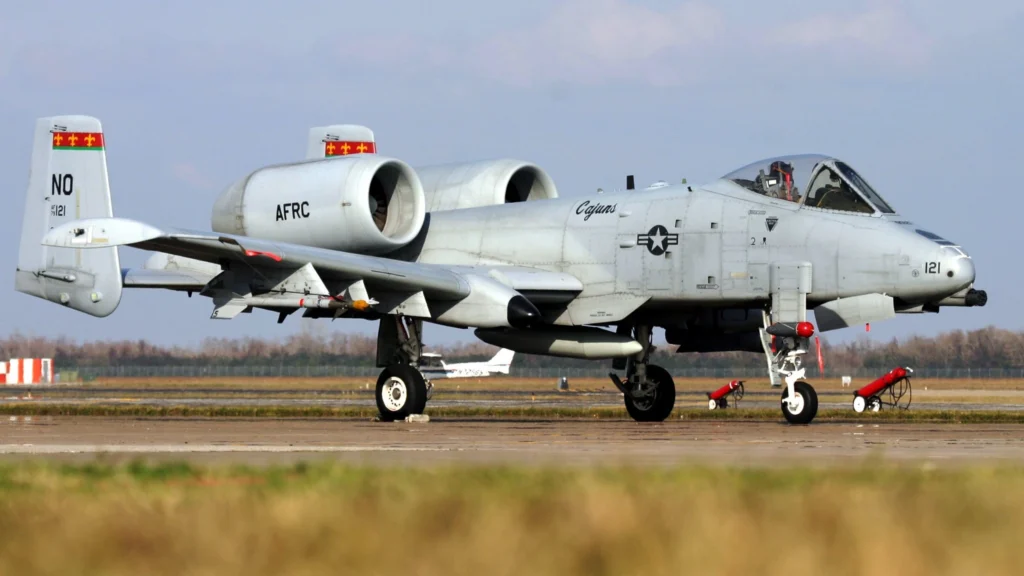 Photo: Christopher Ebdon | Flickr
Photo: Christopher Ebdon | FlickrLife and Demands of a Fighter Pilot
Operating a fighter jet is mentally intense and physically punishing. U.S. pilots, such as those flying the F/A-18 Hornet or F-15EX Eagle II, routinely endure high-G maneuvers and decision-making under extreme pressure.
Pilots must be conditioned to resist G-LOC (G-force-induced loss of consciousness), maintain peak physical health, and master advanced avionics and weapons systems. Their daily routines often include:
- Tactical and mission planning
- Simulator and live flight training
- Deployment readiness drills
- Long and irregular work hours
These conditions make the profession highly selective and demanding, with only the best candidates advancing to fighter squadrons, Simple Flying reported.
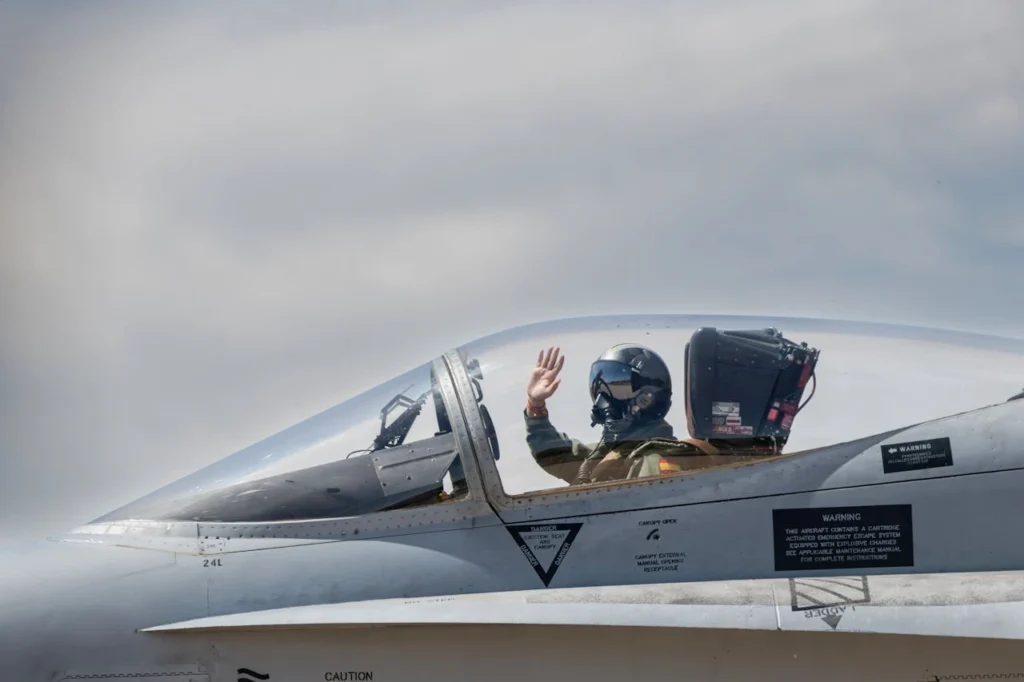 Photo: Photo by Jesús Esteban San José: https://www.pexels.com/photo/pilot-of-military-fighter-airplane-26510106/
Photo: Photo by Jesús Esteban San José: https://www.pexels.com/photo/pilot-of-military-fighter-airplane-26510106/Pathway to Becoming a Fighter Jet Pilot
Becoming a fighter pilot requires multiple years of education, training, and performance assessments. In the U.S., candidates must:
- Earn a Bachelor’s Degree
- Commission as an Officer via ROTC, a service academy, or Officer Training School
- Pass Selection Tests to enter Undergraduate Pilot Training (UPT)
- Complete 1–2 Years of Flight School (including jet training)
- Get Tracked into Fighter Aviation based on performance
- Undergo Advanced Tactical Training specific to the assigned aircraft
- Join a Squadron for combat mission certification
The total timeline can exceed three years before pilots are mission-ready. Once active, a minimum service commitment of 8–10 years is typical—reflecting the $5–10 million investment made per pilot by the military.
ALSO READ:
Top 10 Largest Air Forces in the World in 2025
 Photo: American Airlines
Photo: American AirlinesComparing Fighter Pilot Pay to Commercial Airline Salaries
While fighter jet pilots enjoy competitive compensation and unique benefits, their pay typically falls short when compared to senior commercial airline pilots. This gap becomes especially visible toward the latter stages of a pilot’s career.
Commercial airline pilots—particularly at major U.S. carriers like United Airlines (UA) or Delta Air Lines (DL)—may start with slightly lower first-year salaries, but their income scales rapidly. Airline captains with over a decade of experience can earn more than $330,000 annually, significantly exceeding what even seasoned military pilots receive.
| American Airlines | $113,000 | $323,000 | $338,000 |
| Delta Air Lines | $113,000 | $322,000 | $336,000 |
| United Airlines | $116,000 | $328,000 | $343,000 |
| Alaska Airlines | $115,000 | $311,000 | $325,000 |
| Southwest Airlines | $126,000 | $316,000 | $331,000 |
Despite the financial disparity, many fighter pilots cite mission purpose, national service, and the thrill of flying high-performance jets as their primary motivators—factors that go beyond salary alone.
These non-financial rewards are why some pilots opt for a military path first, even if they eventually shift to commercial aviation for greater earning potential in the later years of their careers.
ALSO READ: American Airlines Pilot Salary in 2024
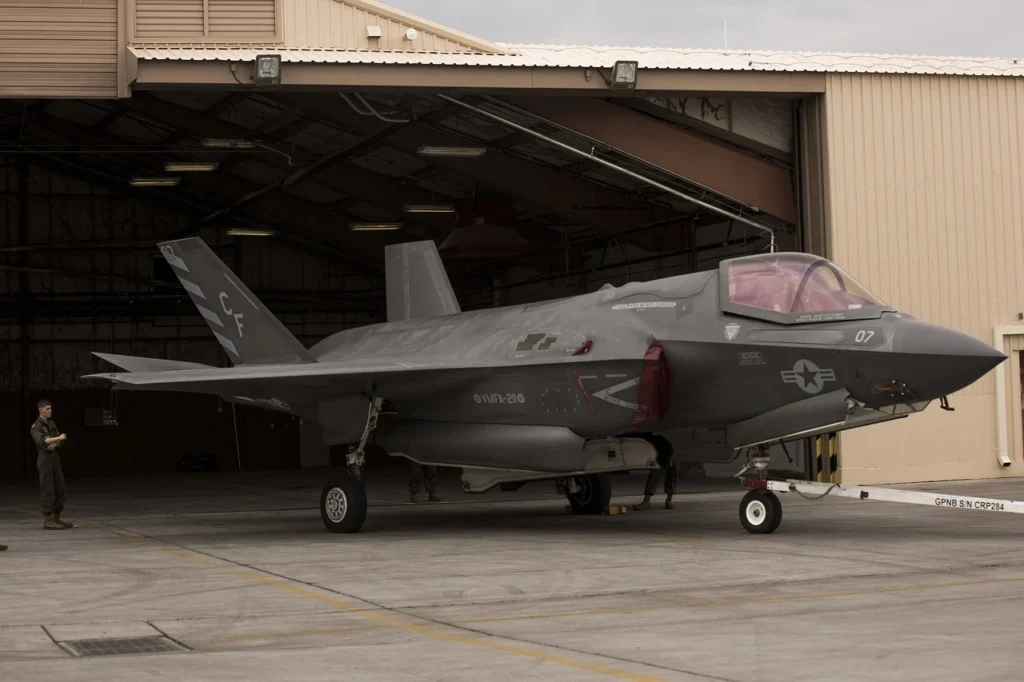 Photo: Needpix.com
Photo: Needpix.comFighter Jet Pilot Salary FAQs
U.S. fighter pilots typically earn between $100,000 and $140,000 each year. While others make around $100K.
In the United States, base salaries start at around $43,500 (O-1 rank) but can increase significantly with bonuses and allowances.
A minimum service commitment of 8–10 years is typical—reflecting the $5–10 million investment made per pilot by the military.
Stay tuned with us. Further, follow us on social media for the latest updates.
Join us on Telegram Group for the Latest Aviation Updates. Subsequently, follow us on Google News
Emirates Airline Pilot Salary in 2024
The post Fighter Jet Pilot Salary Across the World in 2025 appeared first on Aviation A2Z.


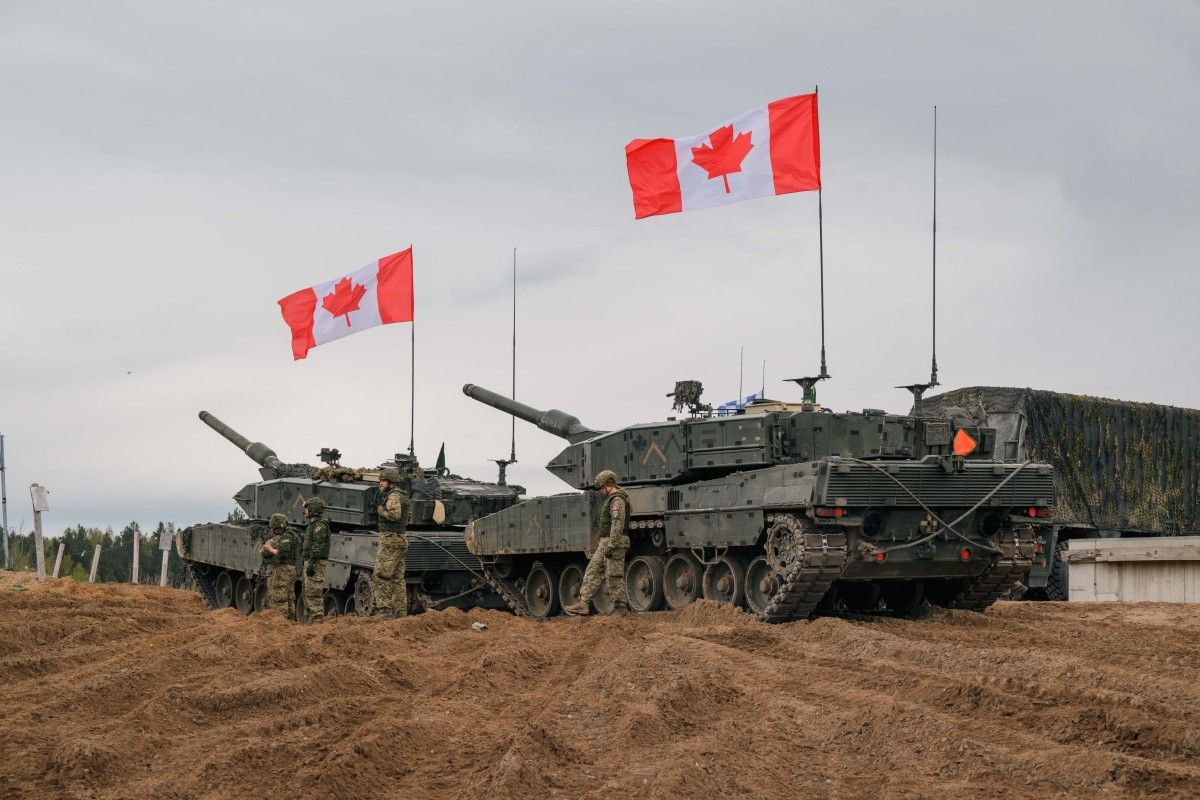
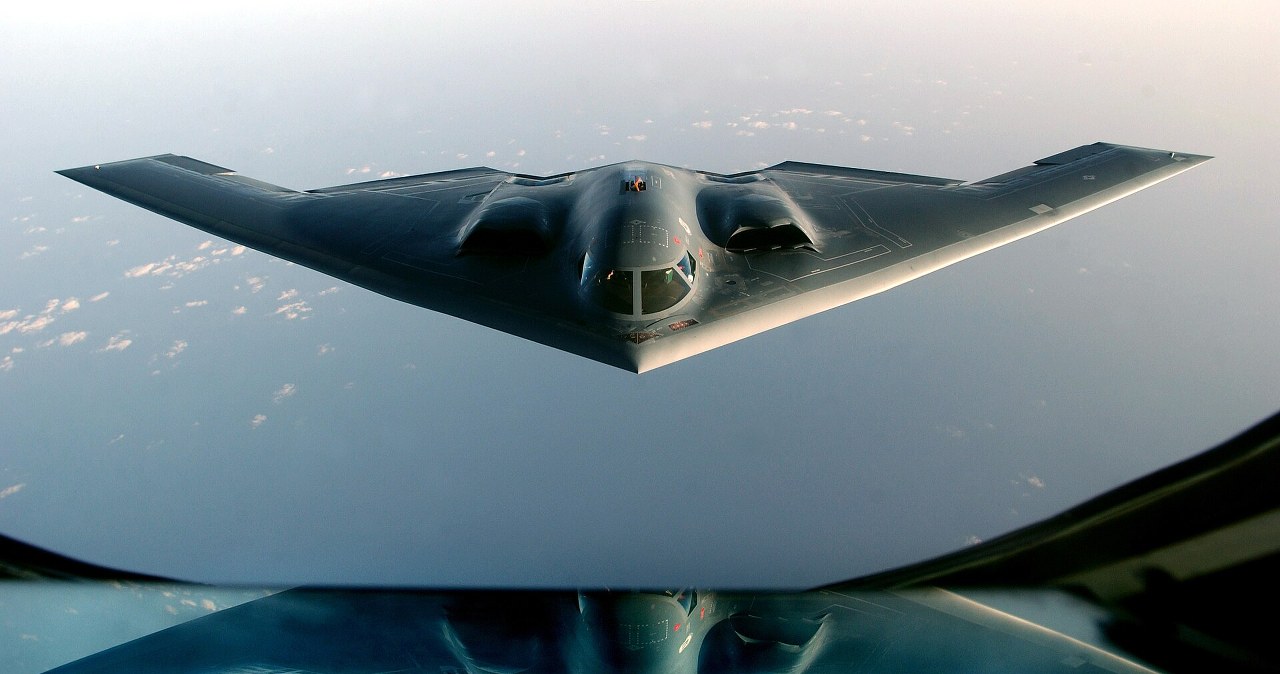
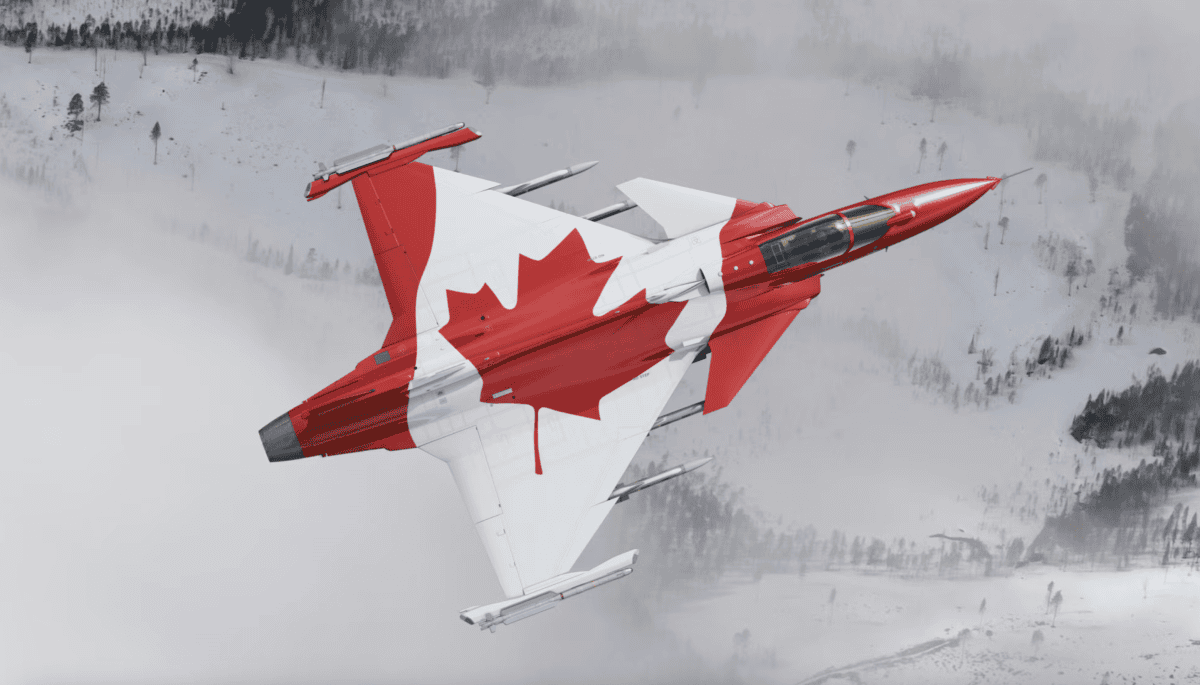
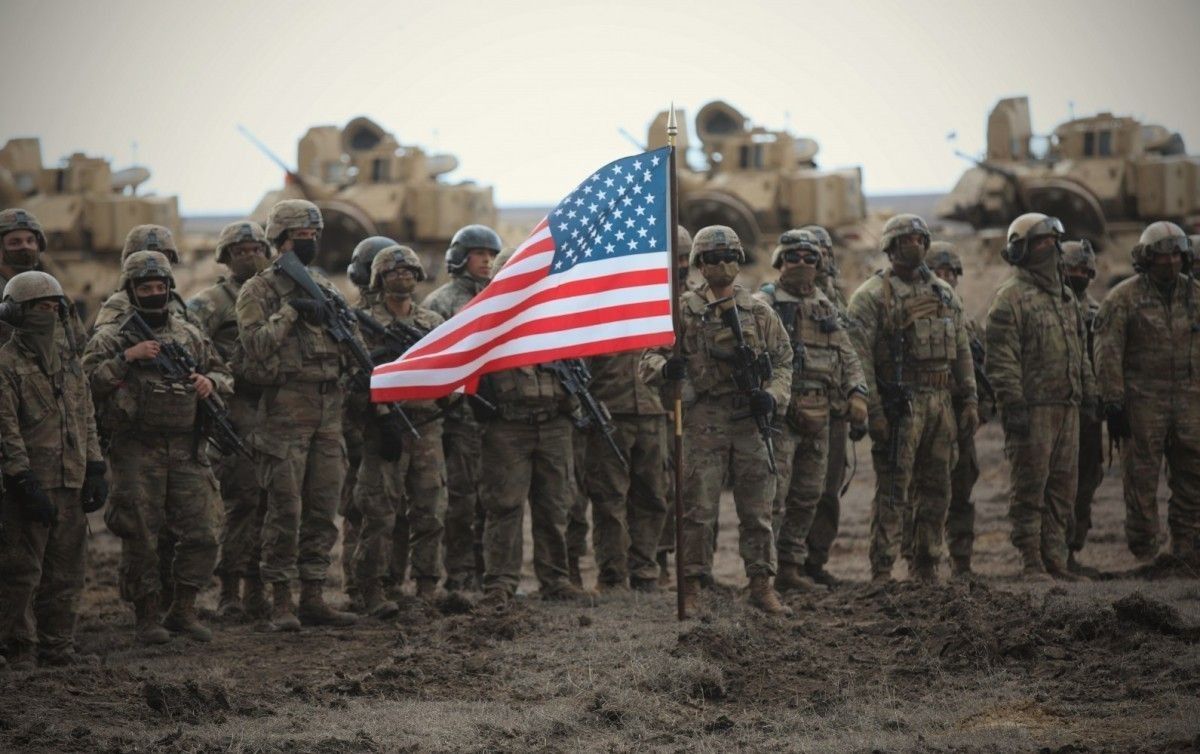
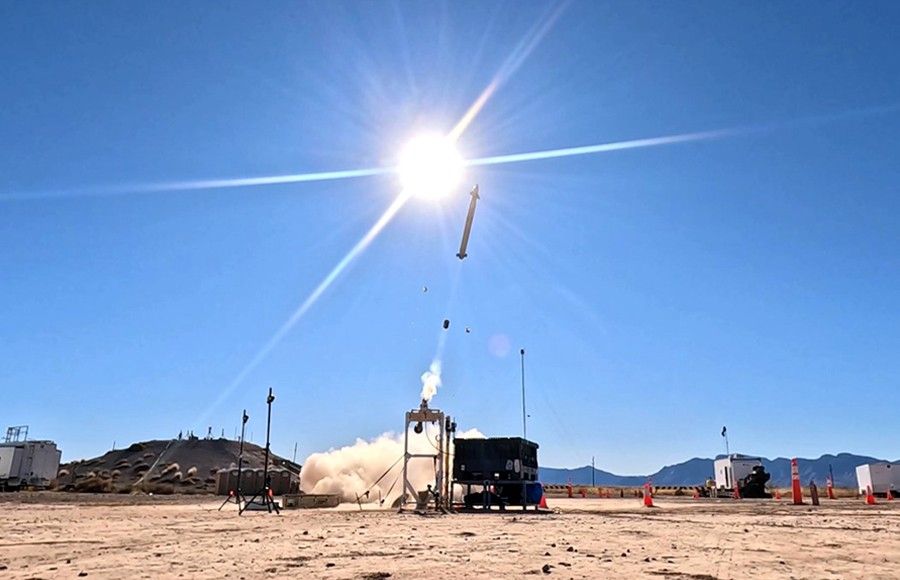
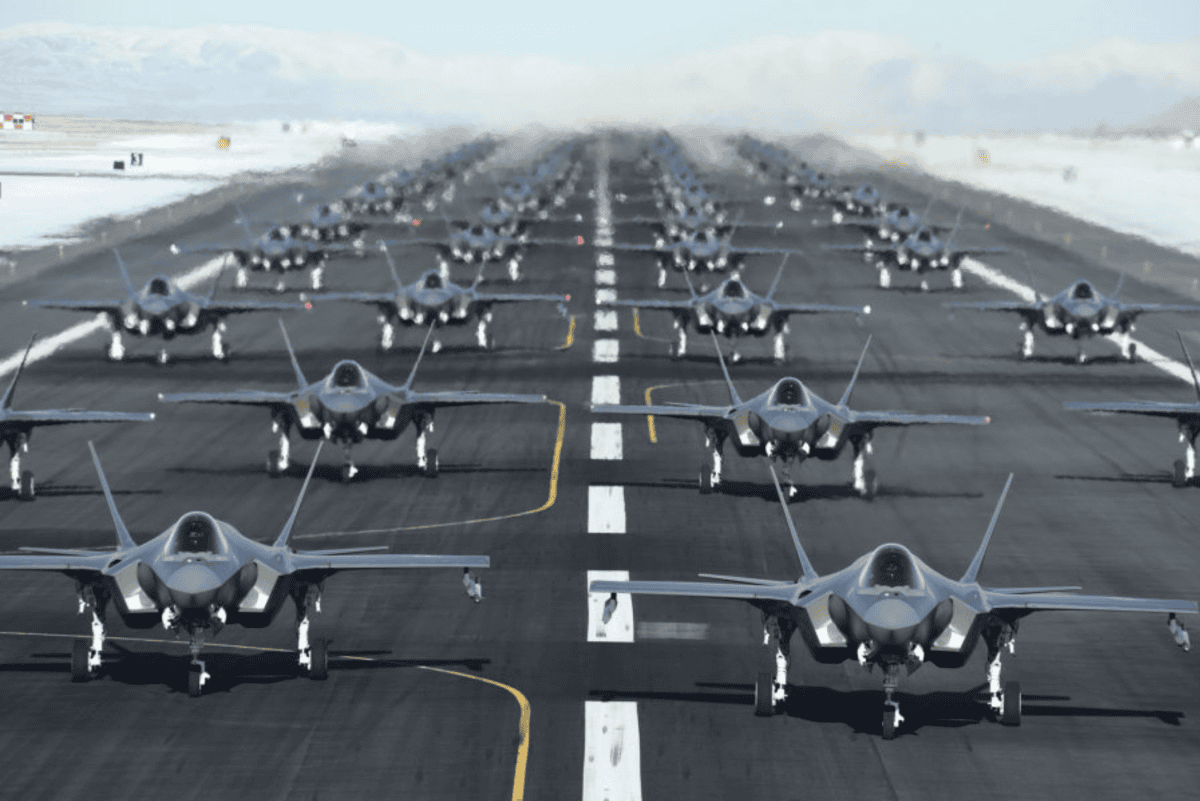



![Wojsko irańskie jest gotowe na wojnę totalną [reżim ajatollahów]](https://wcn-media.s3.us-west-004.backblazeb2.com/2026/01/yeb8RbSd-QgnfDom9-Iran-1.jpg)

